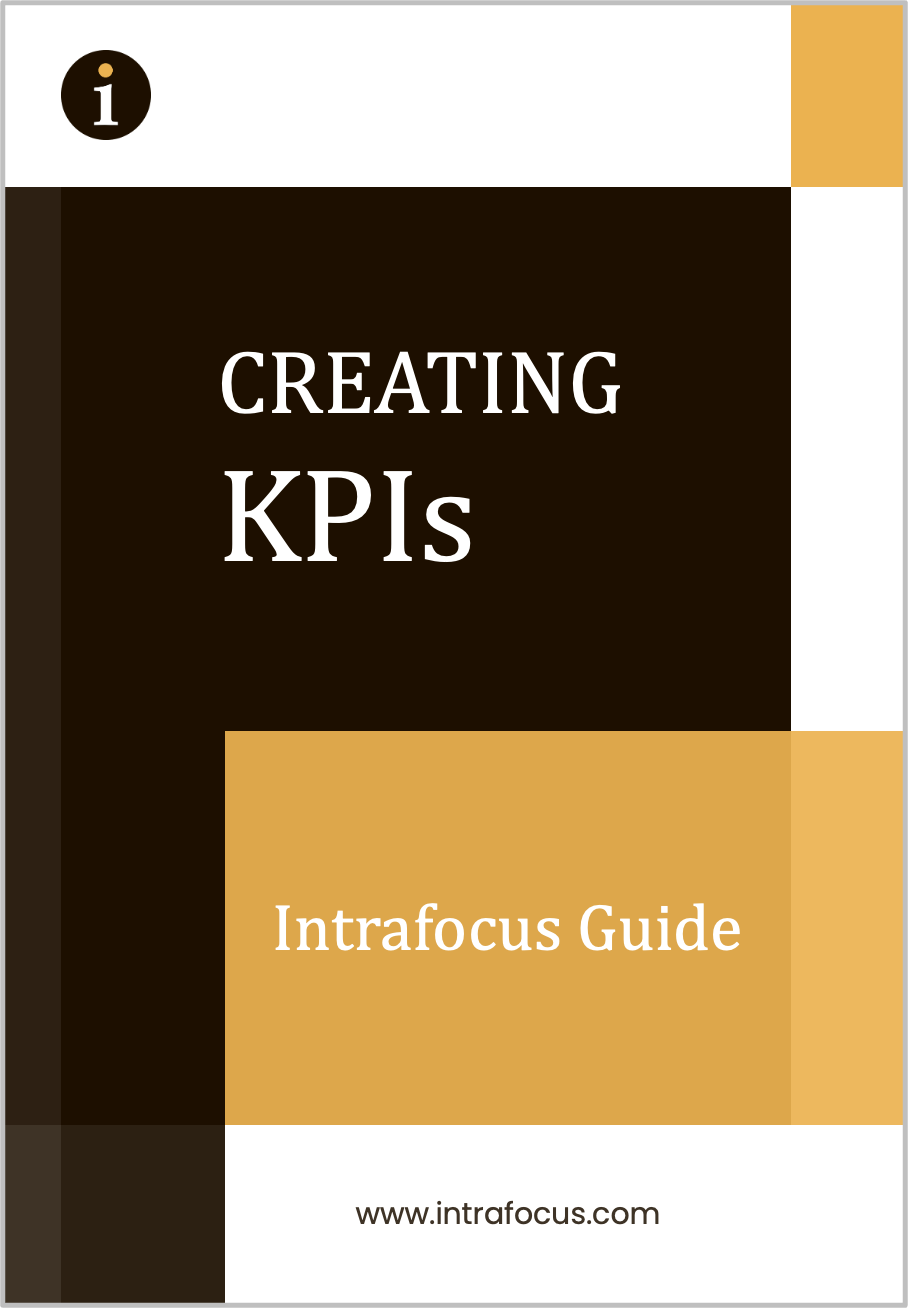ChatGPT, an advanced AI-driven language model created by OpenAI, has emerged as a groundbreaking tool that can revolutionise strategic planning and numerous other areas of our lives. In this article, we’ll explore the inner workings of ChatGPT and discuss its impact on communication and decision-making, focusing on its importance for strategic planners. Next week, we will explore how AI-driven language models like ChatGPT shape industries and everyday life. We will finish the series by examining companies’ ethical challenges when embracing AI technologies.
Artificial intelligence (AI) is playing a growing role in our lives, with ChatGPT, an advanced AI-driven language model created by OpenAI, standing out as a prime example. In this article, we’ll explore the inner workings of ChatGPT and discuss its impact on communication and decision-making across various sectors.
Understanding ChatGPT
Developed by OpenAI, ChatGPT, or Chat-based Generative Pre-trained Transformer, it is a cutting-edge language model based on the GPT-4 architecture. With its ability to generate human-like responses to text inputs, ChatGPT can understand context, produce creative ideas, and participate in sophisticated discussions.
The Technology Behind ChatGPT
The impressive language capabilities of ChatGPT can be attributed to its transformer architecture, a deep learning model designed explicitly for processing sequential data like text. This architecture enables ChatGPT to recognize patterns and relationships between words, phrases, and sentences, generating coherent and contextually relevant responses.
To train a model like ChatGPT, massive amounts of text data are used, helping it learn the structure and nuances of human language. The model learns by predicting the next word in a sequence, ultimately generating text that closely resembles human writing.
Transforming Communication
One significant way ChatGPT is reshaping communication is by serving as a versatile conversational AI assistant. It can be integrated into various platforms, such as messaging apps, customer service systems, and virtual assistants, to provide seamless and contextually accurate responses. This capability has led to improvements in customer support, as ChatGPT can quickly resolve queries and provide helpful information, enhancing user satisfaction.
Moreover, ChatGPT has been employed in social media management, helping businesses and individuals manage their online presence by drafting and scheduling posts, analyzing trends, and engaging with audiences in real time.
Additionally, ChatGPT has improved accessibility for people with disabilities. For example, it can be integrated into assistive technologies to convert speech to text or vice versa, enabling more effective communication for those with hearing or speech impairments.
Impacting Decision-Making
Beyond communication, ChatGPT has significantly impacted decision-making in various industries. Its advanced language processing capabilities enable it to analyze large volumes of textual data, such as reports, research papers, and social media posts, to provide insights and recommendations.
ChatGPT has been employed in the medical field to analyze patient data, medical literature, and clinical guidelines, helping doctors make informed decisions regarding diagnoses and treatment plans. This AI-driven model can process information faster and more accurately than a human, reducing the risk of errors and improving patient outcomes.
In Industry
Similarly, ChatGPT has been used in the financial sector to analyze market trends, news articles, and financial reports, providing valuable insights for investors and financial advisors. This quick and accurate analysis allows for more informed decision-making, potentially leading to better investment strategies and financial management.
Legal professionals have also found value in ChatGPT’s capabilities, using it to review contracts, case law, and regulations, which aids in research and analysis. ChatGPT allows lawyers to focus on more critical aspects of their work by automating time-consuming tasks.
For strategic planners, the tool enables research in a way that has never been possible. By providing ChatGPT with some company-specific information and then framing a set of concise questions, ChatGPT will provide a set of strategic objectives and associated key performance indicators. What used to take weeks can be finished in less than an hour with some dramatic results. At Intrafocus, we have tried this approach and found that the output, at worst, provides a good starter for ten and, at best, provides a very useful and accurate workbook of actions. Please get in touch with us for more information about our findings.
Future Prospects and Challenges
ChatGPT’s potential applications are vast, spanning education, creative writing, content generation, and interactive storytelling in gaming. However, addressing ethical and social implications, such as privacy concerns, job displacement, and the potential for misuse or manipulation of AI-generated content, is essential. Researchers, developers, and policymakers must collaborate to establish guidelines and regulations ensuring responsible and equitable AI use.
ChatGPT represents a significant milestone in AI technology, offering powerful communication and decision-making capabilities with the potential to transform various industries and aspects of our daily lives. As technology advances, society must embrace the benefits of AI-driven language models like ChatGPT while addressing their ethical and social challenges. By fostering a responsible and balanced approach to AI integration, we can harness the power of ChatGPT to improve communication, enhance decision-making, and ultimately enrich our lives.


